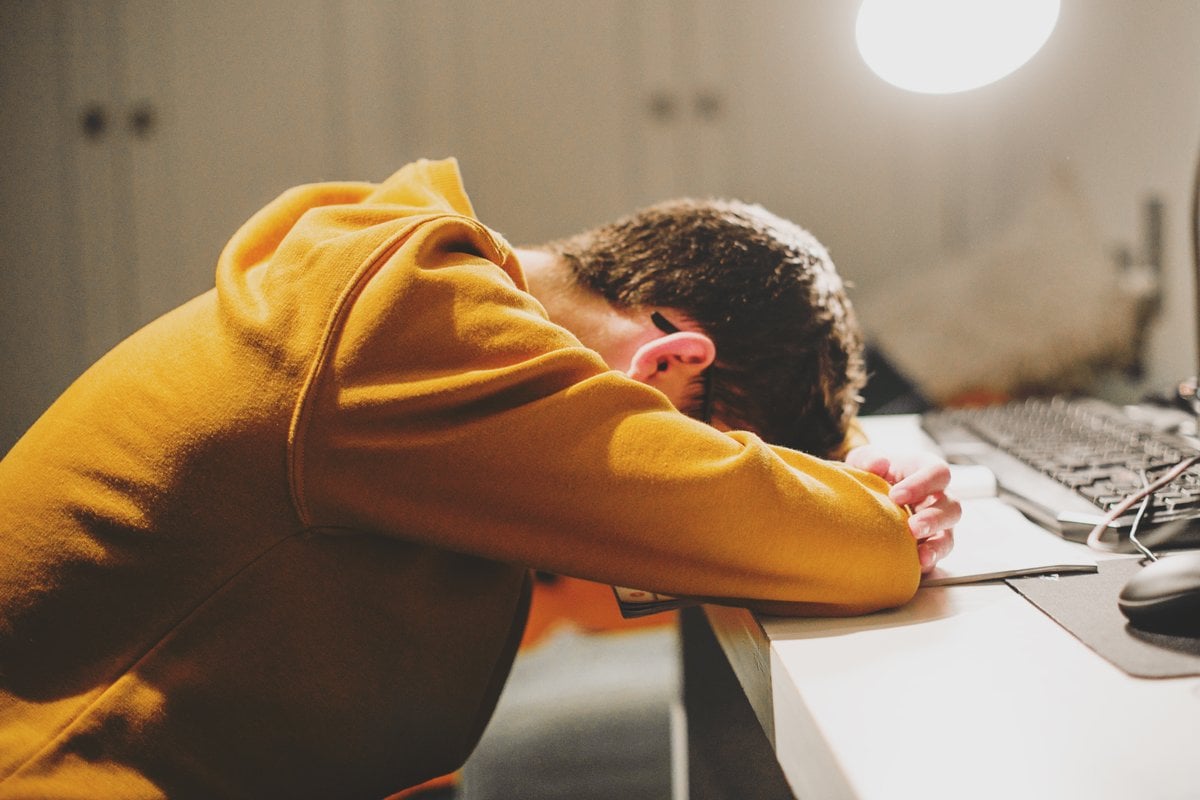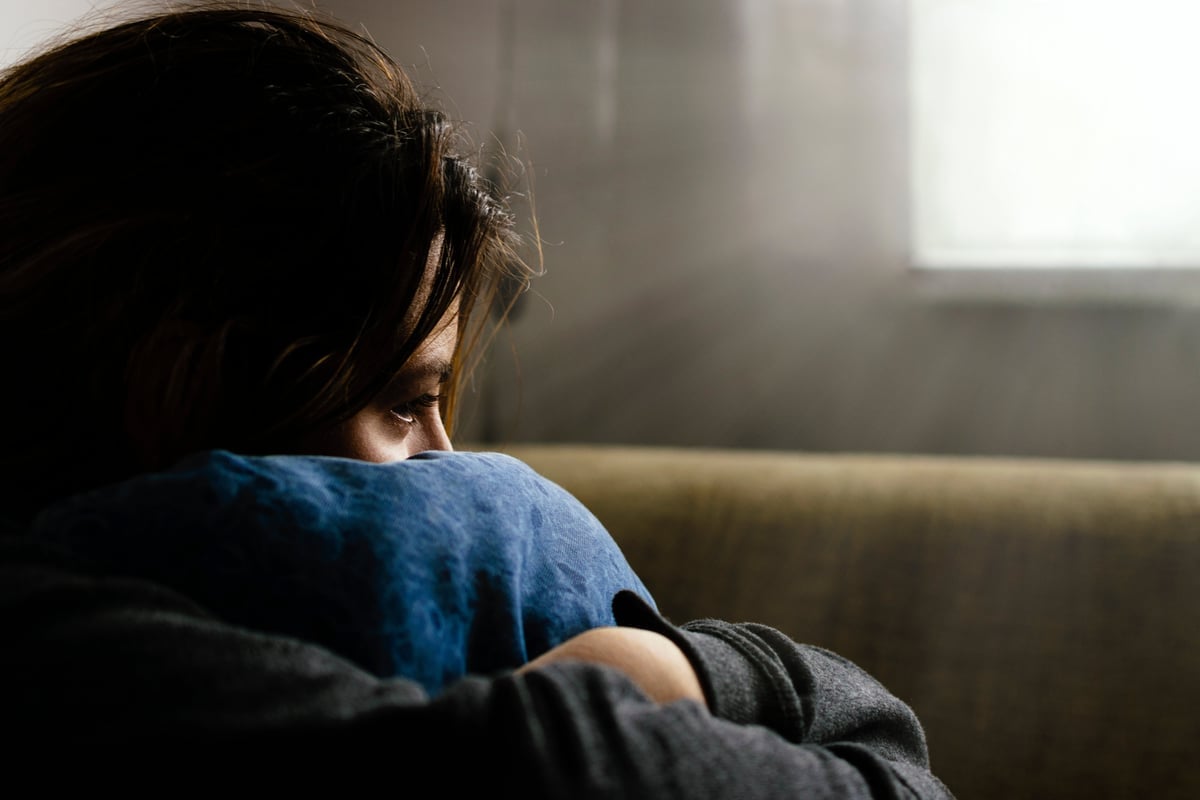
"I haven’t got a single thing to look forward to," she screams while dissolving into what we would normally dismiss as her being a melodramatic teenager.
Except this time she isn’t being melodramatic. And she is not alone.
This scene has been played out by teens across Australia since the COVID-19 pandemic reached our shores in March 2020.
In the past 18 months, Australian teenagers have seen their final years of school disrupted in ways they could never have imagined. There have been cancelled trips, sporting events, festivals, graduations, concerts, formals, performances, and the list goes on and on.
The things you never say in 2021. Post continues below.
As parents, we have sat and listened to our teens as they despaired at the uncertainty of the events unfolding, not knowing if they will sit their exams, or what this means for the future they had mapped out.
"When our teens look forward to things, it is done with passion. It’s what gets them through all the angst at school, and the never-ending pressure they put on themselves," Tracey, who has a 16-year-old daughter, told Mamamia. "When these things get cancelled, it is hard to look forward."





























































































